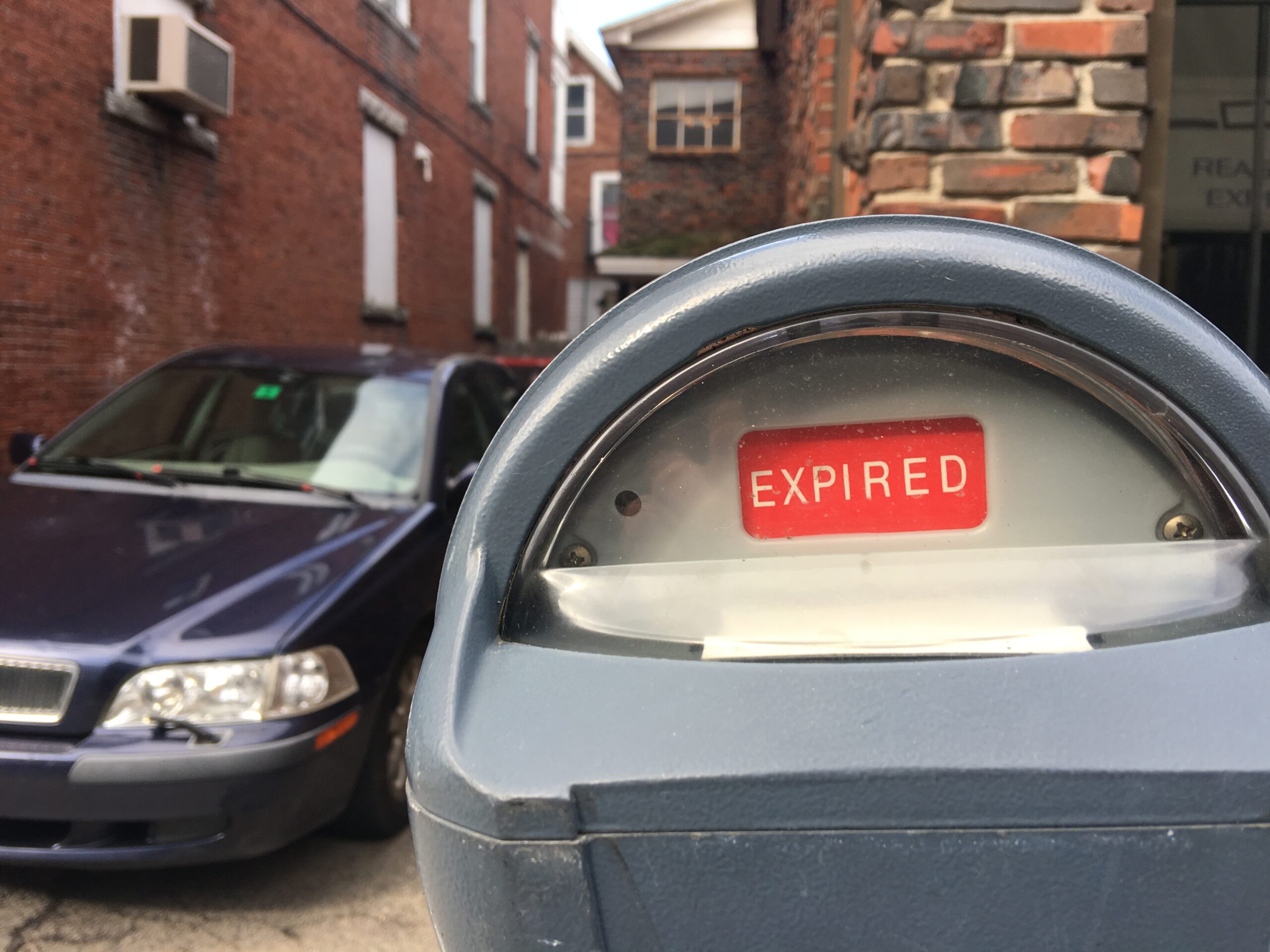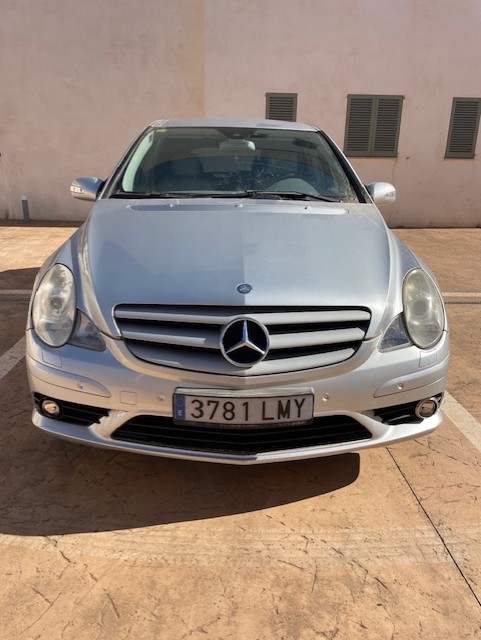
How to pay a traffic fine in Spain and save money
It’s a fact of life that is guaranteed to raise your temperature and make you angry: one that most people don’t want to talk about. But if you’re issued with a traffic fine or parking ticket, it’s important to know how to pay it and what to do next. This is true whether you live in Spain, or are a tourist just visiting for a holiday! So take a deep breath, because this article will delve into the unpopular subject of how you pay a traffic fine in Spain
What Can You Receive a Traffic Fine For?
Before we discuss how you should pay for your fine, it’s important to understand what you can receive a traffic fine for. Driving in Spain is subject to a host of rules and regulations. The list is fairly comprehensive, ranging from relatively minor offences to very serious ones. They include:
- Breaking the speed limit
- Not wearing a seat belt, or ensuring minor passengers are wearing a seat belt
- Parking offences, such as double parking or illegally parking
- Reckless driving
- Not giving way
- Having too many passengers
- Driving through a red light or not stopping at a stop sign
- Driving under the influence of drugs or alcohol
- Not having a valid driving license
- Not using warning triangles correctly
- Driving without insurance
- Using the horn inappropriately
- Leaving the scene of an accident
- Washing your car in the street
- Failing to follow guidelines when filling up at the petrol station (these include no smoking, no using your mobile phone, and no leaving your radio or lights on)
Receiving Your Fine
Spanish traffic fines are issued Guardia Civil police officers who wear neon yellow jackets with the word ‘TRAFICO’ printed onto them. Local or national police officers are not able to issue traffic fines, or stop you and ask you for money. If you live in Spain then the Guardia Civil will ask you for your name, address, and other details, and send your penalty notification to you. If you are not an official Spanish resident then your speeding fines usually have to be paid on the spot. If you don’t have the correct sum on you then the police can legally escort you to your hotel or accommodation to retrieve the funds, or even to the nearest cash machine.
Don’t think that you can leave spain and your fines behind you: there is an EU cross border agreement that means you can still be pursued and forced to pay any outstanding fines, even when you return home.
Money Talk: The Cost of Your Fine
As well as getting a financial fine, you are also likely to receive penalty points on your driving license. The number of points you receive and the amount of find you’ll pay will depend on the severity of your transgression. The fines for a parking violation will be much smaller than the fines for a speeding violation, for example: these can run from between 100 to 600 Euros. If you are in possession of an invalid driving license, then the fine you will pay is 200 dollars. It is also worth bearing in mind that the cost for each traffic violation can vary from region to region.
Finally, if your speeding offence is beyond a certain level that you could not only lose your money but also your liberty. Exceeding the speed limit by more than 60 Kph on an urban road or 80 Kph on a major road, goes beyond a traffic violation and is considered a criminal offence. The resulting penalty can be a prison sentence of between six and twelve months, community service, or the loss of your driver’s license.
If you are issued with a traffic fine then don’t forget that the early bird catches the worm: whilst you are given 60 days to pay any fine that you are issued, if you have the means to pay your fine within 20 days of receipt then you will receive a hefty discount. This can be up to around 50 percent.
Paying a traffic fine in Spain
Aside from muttering expletives, the first question most drivers ask when they’re issued with a traffic fine is how they should go about paying it. The good news is, this is much easier than you might think, and your traffic fine can be paid in just minutes. You can choose from one of the following options:
- Online via Debit or Credit Card: Paying online is the quickest and easiest option, but the driver must have either the QR code on the actual fine or know specifically the date the sanction was issued.
On the DGT Website, motorists must enter the amount of the fine (not including the 50% deduction) and their details will be shown. - By Phone: Drivers can pay their fines by credit or debit card by calling the 060 number, 24 hours a day, seven days a week. If abroad the payment line can be reached at +34902887060
- Bank Transfer: Pay your penalty fee directly to the DGT bank account
- In Person:
– All Caixa Banks and ATMs can pay the fine with credit or debit card and cash.
– At any Post Office, by card or cash, paying an additional fee of 2.25 euros plus 1.5% of the amount of the fine.
– At any Headquarters or Traffic Office, by credit or debit card. The DGT does not accept cash at their offices.
– If pulled over by the Guardia Civil then you have to pay the fine then and there by debit card to take advantage of the 50% discount. - Through the miDGT app, DGT Mobile or tablet app: Drivers can download any of the above platforms, which are free for both Android and iOS users, and pay their fines quickly.
To pay a fine from the app, drivers must go to the main menu of the application and enter the section “My fines” -> “Pending”.
Don’t be tempted not to pay your fines, or the consequences can be much bigger than just damage to your bank account! If you don’t pay your traffic fines in Spain your vehicle could be impounded and eventually crushed: your bank account could also be embargoed. The best way of avoiding these kinds of problems, of course, is to follow the rules of the road in the first place! Not only is that the safer option for yourself and for other road users, it will also be much kinder to your bank balance.
Newest listings
2019 Audi A3 Sportback S Line TDI 2.0 Liters
€22,800.00
154,000 kilometers
Automatic
Diesel
Front Wheel Drive
2022 Jeep Compass PHEV AWD Longitude 1.3 Liters
€24,600.00
74,000 kilometers
Automatic
Hybrid (Diesel / Petrol)
AWD/4WD
Online car market with a large range of new and used cars and expert guides on buying, selling, and importing ✓ Cars ✓ RVs ✓ Motorcycles ✓ Commercial Vehicles
Copyright © 2023. All rights reserved.










